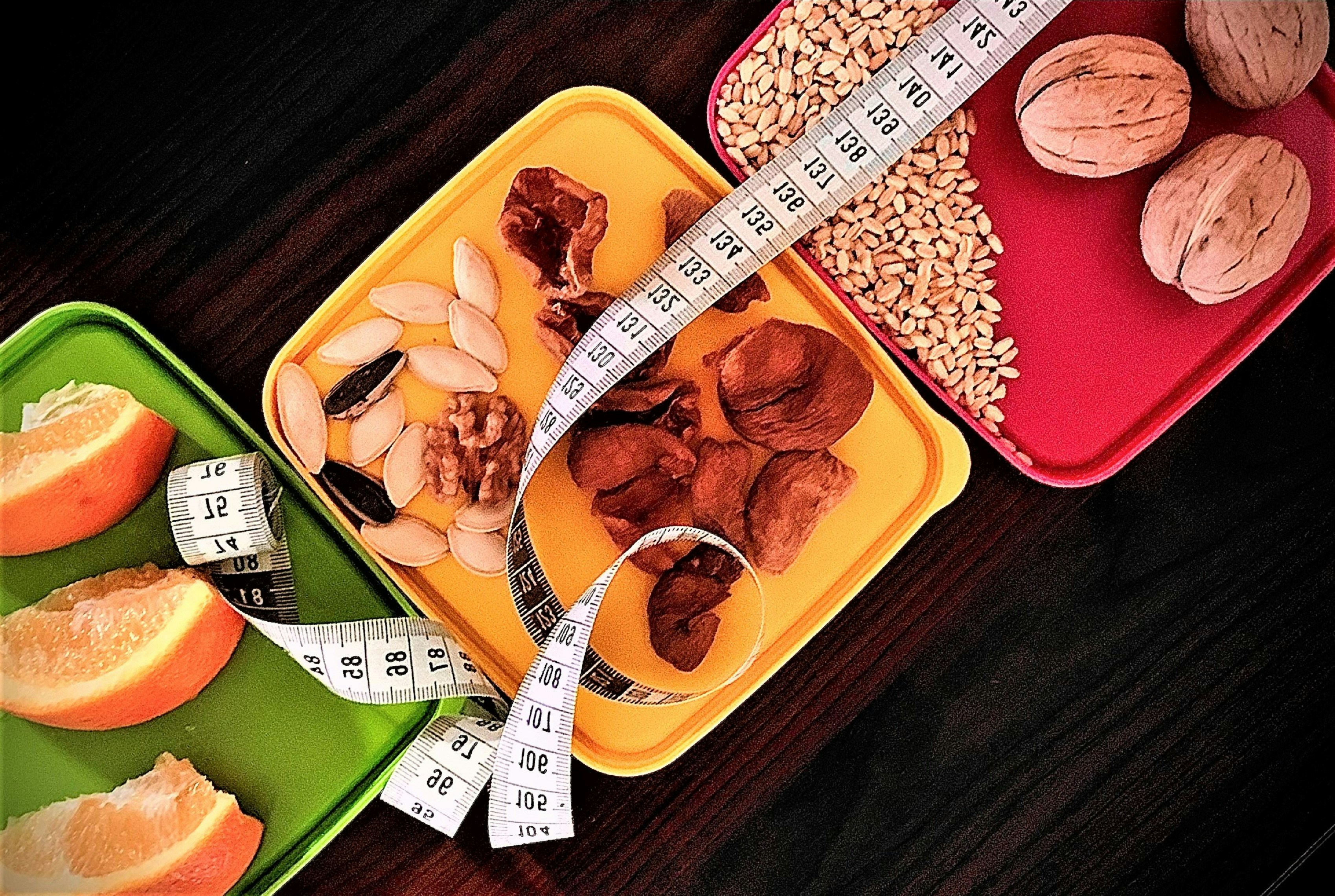
The Importance of Healthy Snacking
Healthy snacking plays a pivotal role in weight loss by helping individuals manage hunger and maintain energy levels throughout the day. Choosing nutritious snacks allows for the moderation of calorie intake while ensuring that the body receives essential nutrients. When faced with mid-morning or mid-afternoon cravings, opting for healthy snacks can effectively curb hunger, reducing the likelihood of overeating during main meals. This strategic approach is fundamental in achieving weight loss goals without the feeling of deprivation, which can often derail dieting efforts.
The concept of nutrient density is critical when discussing healthy snacking. Nutrient-dense foods are those that provide a high amount of vitamins, minerals, and other beneficial nutrients relative to their calorie count. By selecting snacks that are low in calories yet high in fiber, such as fruits, vegetables, and whole grains, individuals can promote satiety while still supporting their weight loss journey. These snack options not only nourish the body but also help maintain consistent energy levels, preventing dips that can lead to unhealthy food choices later.
Moreover, the psychological aspects of mindful snacking cannot be overstated. Engaging in mindful eating practices, such as paying attention to the flavors and textures of healthy snacks, can enhance overall eating habits. This awareness fosters a more positive relationship with food, reduces stress surrounding meal times, and encourages healthier choices. When individuals take the time to enjoy their snacks mindfully, they are more likely to feel satisfied and less prone to overindulgence. Thus, healthy snacking is not just about what is consumed, but also how it is consumed, reinforcing beneficial habits that align with successful weight loss strategies.
Top Healthy Snack Options for Weight Loss
When it comes to maintaining a healthy lifestyle, choosing the right snacks is crucial, especially for those working on weight loss. Opting for nutritious choices can help satisfy cravings without compromising dietary goals. Here are some top healthy snack options that are delicious and beneficial for weight loss.
Fresh fruits, particularly apples and berries, are excellent choices. Apples are high in fiber, which aids digestion and promotes feelings of fullness. Berries, such as blueberries and strawberries, provide antioxidants and are low in calories, making them ideal for snacking. Consider enjoying a handful of mixed berries or slicing an apple to enjoy with a sprinkle of cinnamon for added flavor.
Nuts, like almonds and walnuts, are another smart snacking option. These nuts are packed with healthy fats, protein, and essential nutrients. A small handful can curb hunger and prevent overeating at mealtime. However, moderation is key to avoid excessive calorie intake, so portion control is recommended.
For a protein-packed option, Greek yogurt topped with chia seeds can be a satisfying snack. Greek yogurt is rich in protein, which can help keep you feeling satisfied longer, while chia seeds add a dose of fiber and omega-3 fatty acids. This combination makes for a nutritious and filling treat that is easy to prepare.
Crunchy veggie sticks, such as carrots and bell peppers, can be paired with hummus for a delightful snack full of flavor and nutrition. This combination is low in calories and rich in vitamins, making it an excellent choice for weight management. Finally, rice cakes topped with avocado or sliced boiled eggs provide a balanced and scrumptious option. The healthy fats from avocado and the protein from eggs work together to create a filling snack that supports weight loss efforts.
How to Make Smart Snacking Choices
Making informed choices when it comes to snacking is crucial for those aiming to lose weight effectively. One of the fundamental steps in this process is reading nutrition labels accurately. Nutrition labels provide vital information regarding the calorie content, serving sizes, and ingredients present in any packaged snack. Focusing on snacks that are lower in added sugars and unhealthy fats while providing adequate fiber and protein can significantly benefit weight loss efforts. Prioritizing whole, unprocessed foods—such as fruits, vegetables, nuts, and whole grains—over pre-packaged snacks can also contribute to a healthier snacking pattern.
Another essential strategy is maintaining portion control. It can be easy to overestimate what constitutes a healthy serving size, particularly with calorie-dense snacks. Utilizing measuring tools or pre-portioning snacks can assist individuals in managing intake effectively. Moreover, being mindful of when and why we snack plays a critical role in achieving a balanced diet. Mindful eating practices encourage individuals to focus on their hunger cues, eating slowly and savoring each bite, which may enhance satisfaction and reduce the likelihood of overeating.
To ensure that healthy snacks are readily available when hunger strikes, planning and preparation are vital. Preparing snacks in advance makes it easier to avoid reaching for unhealthy, processed options. For instance, cutting up vegetables or portioning nuts into small bags can streamline the snacking process. Storing these snacks in easily accessible locations can prompt better choices, especially during busy days. By applying these strategies consistently, individuals can cultivate healthy snacking habits that align with their weight loss goals, ultimately fostering a more balanced lifestyle.
Staying on Track: Avoiding Common Snacking Pitfalls
In the pursuit of weight loss, it is crucial to recognize and avoid common snacking pitfalls that can undermine one’s efforts. Boredom snacking is a prevalent issue; many individuals find themselves reaching for snacks out of sheer habit rather than genuine hunger. To combat this, it is beneficial to establish specific times for snacking, thus minimizing impromptu, mindless nibbling throughout the day. Planning ahead can significantly curtail the tendency to snack out of boredom.
Another concern is mindless eating, often exacerbated by distractions such as watching television or browsing on a smartphone. When individuals focus on screens rather than their food, they may consume more calories than intended without realizing it. To enhance mindfulness while snacking, it is advisable to set aside dedicated time to enjoy food without distractions. Engaging with the food—savoring flavors and textures—can transform snack time into a more fulfilling experience that fosters better portion control.
Emotional eating is yet another common challenge that many face. Stress, sadness, or even excitement can trigger cravings for unhealthy snacks, leading to overconsumption. It is essential to develop alternative coping mechanisms, such as exercise, journaling, or talking with friends, to manage emotions without turning to food. Recognizing the emotional triggers can help create a more supportive environment conducive to healthy eating habits.
Finally, establishing boundaries for snack times can reinforce healthy habits. Designating specific periods for consumption, such as mid-morning and mid-afternoon, can provide structure. Additionally, creating an environment stocked with healthy options, like fruits and nuts, can make smarter choices more accessible. By being aware of these pitfalls and implementing thoughtful strategies, individuals can remain committed to their weight loss journey through effective and satisfying snacking.
Team Active Lifestyle Diary is a group of passionate wellness enthusiasts, writers, and digital explorers dedicated to helping people live healthier, more energized lives. From fitness tips and nutrition guides to mental wellness and daily motivation — our goal is to inspire a balanced, active lifestyle through honest, research-based content.
Follow us as we turn everyday habits into long-term wellness!
